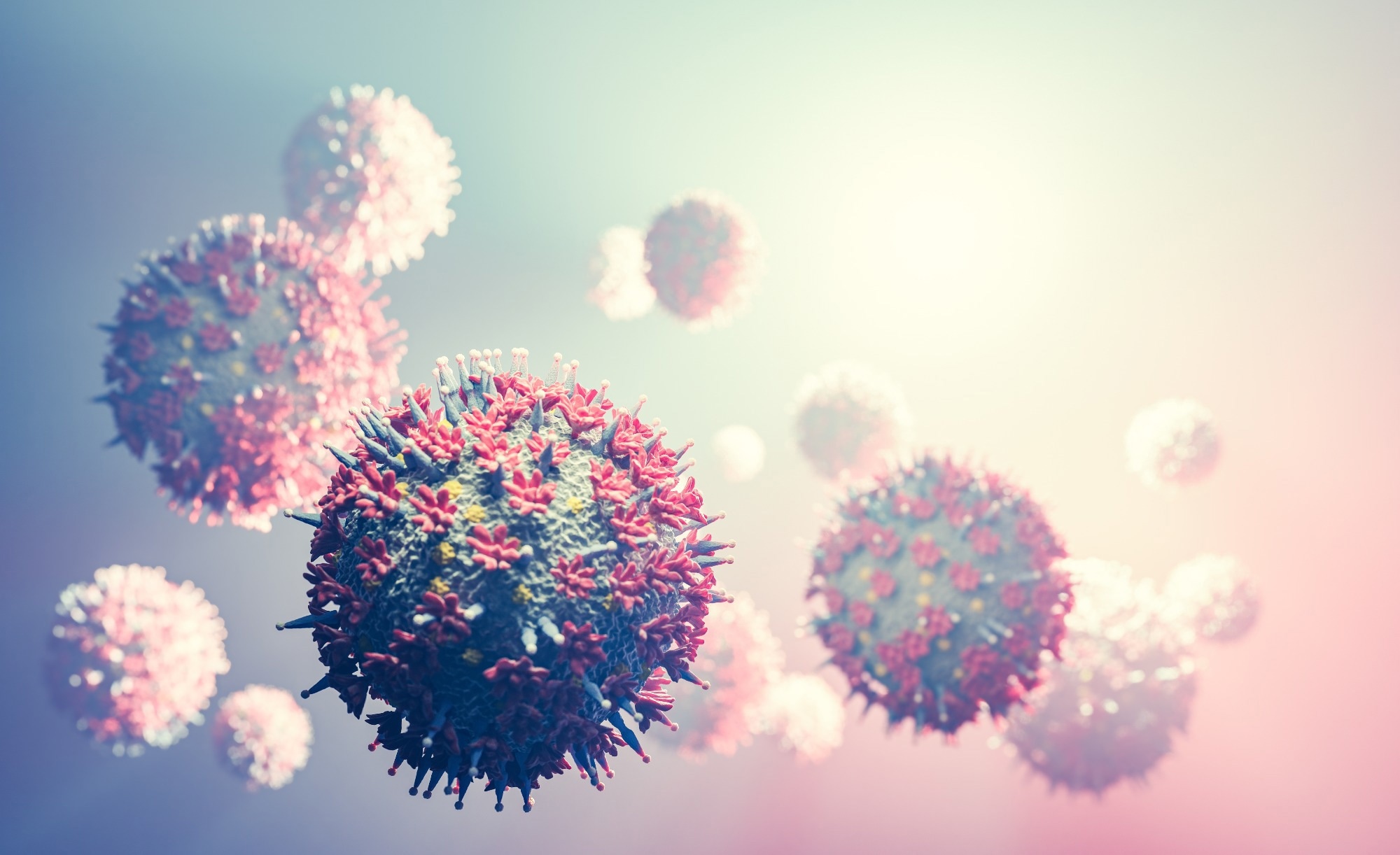A team of scientists from Israel and the USA has recently conducted a study to understand the association between magnitudes of coronavirus disease 2019 (COVID-19) vaccine-induced antibodies and the level of protection against severe acute respiratory syndrome coronavirus 2 (SARS-CoV-2) infection.
The study is currently available on the Research Square* preprint server.
 Study: Correlates of protection for booster doses of the BNT162b2 vaccine. Image Credit: PHOTOCREO Michal Bednarek/Shutterstock
Study: Correlates of protection for booster doses of the BNT162b2 vaccine. Image Credit: PHOTOCREO Michal Bednarek/Shutterstock

 *Important notice: Research Square publishes preliminary scientific reports that are not peer-reviewed and, therefore, should not be regarded as conclusive, guide clinical practice/health-related behavior, or treated as established information.
*Important notice: Research Square publishes preliminary scientific reports that are not peer-reviewed and, therefore, should not be regarded as conclusive, guide clinical practice/health-related behavior, or treated as established information.
Background
Most COVID-19 vaccines developed during the pandemic include a two-dose primary immunization regimen. The two doses are administered intramuscularly at a fixed interval. At the initial phase of vaccine rollout, a significant reduction in pandemic trajectory has been observed worldwide. However, with the emergence of novel SARS-CoV-2 variants and waning vaccine immunity, the global general population has experienced a considerable drop in protection against COVID-19.
To improve vaccine-induced protection, many countries across the globe have considered administering a third vaccine dose (booster vaccination), with some countries opting for a fourth vaccine dose to be administered to high-risk populations.
In the current study, the scientists have evaluated the level of protection provided by the fourth booster dose of Pfizer-developed mRNA COVID-19 vaccine.
Study design
The study participants included 608 healthcare workers from Israel who had previously received three doses of the vaccine and were offered to receive a fourth booster dose. They were followed over six months.
Of all participants, 40% received the fourth dose, and 60% received only three doses of the vaccine. Blood samples were collected from the participants at enrollment (baseline) and on day 30 to analyze immune responses, including IgG and IgA antibodies targeting wild-type SARS-CoV-2 and its variants. The detection of SARS-CoV-2 infection was conducted by polymerase chain reaction (PCR) during the first 90 days of follow-up.
Binding antibody response to fourth vaccination
The analysis of antibody response revealed that the fourth dose causes a significant induction in both IgG and IgA antibodies against the wild-type virus at day 30. In addition, a significant induction in IgA antibody levels against SARS-CoV-2 variants was observed following the fourth booster immunization. Further analysis in a subset of 58 participants revealed that the fourth dose causes a significant induction in anti-spike receptor binding domain (RBD) IgG and IgA antibody levels against SARS-CoV-2 variants at day 30.
The participants who did not receive the fourth dose exhibited a reduction in anti-wildtype IgG antibody response and anti-variants IgG and IgA antibody responses at day 30. The magnitude of waning immunity was higher for IgG antibodies than for IgA antibodies.
Neutralizing antibody response to fourth vaccination
The neutralizing antibody response to the fourth vaccination followed the same trend as binding antibody responses. Specifically, participants with the fourth vaccination exhibited a significant induction in neutralizing antibody response against wild-type SARS-CoV-2 and its variants at day 30.
A separate set of analyses was conducted on participants with breakthrough infections within the first 30 days after enrollment. The findings revealed no significant difference in neutralizing antibody titers at day 30 between infected participants with and without fourth vaccination.
Protection induced by fourth vaccination
The estimation of vaccine efficacy revealed that the fourth vaccination has 45.5% efficacy at day 30 in preventing symptomatic SARS-CoV-2 infection.
Considering participants with low or high baseline binding antibody response, the analysis revealed a significantly lower anti-RBD and anti-spike S1 neutralizing titers at day 30 among participants with low baseline antibody response.
Following the fourth vaccination, the low-baseline participants showed a significantly increased neutralizing response at day 30 compared to high-baseline participants. The decay of IgG antibody response against viral variants was also significantly higher in high-baseline participants.
Regarding correlates of protection, the findings revealed that the magnitude of IgA response against the wild-type virus and variants at baseline is associated with infection risk at day 30 among participants with the fourth vaccination. No such association was observed for IgG response. In both three-dose and four-dose vaccination groups, reduced IgG response to RBD mutants and IgA response to viral variants showed the strongest correlation with the level of protection.
Study significance
The study highlights that the combinations of IgG and IgA antibody responses to SARS-CoV-2 variants at baseline are associated with vaccine-induced protection against symptomatic SARS-CoV-2 infection. Individuals with low baseline levels of IgG and IgA antibodies are at higher risk of infection, irrespective of the number of vaccine doses received.

 *Important notice: Research Square publishes preliminary scientific reports that are not peer-reviewed and, therefore, should not be regarded as conclusive, guide clinical practice/health-related behavior, or treated as established information.
*Important notice: Research Square publishes preliminary scientific reports that are not peer-reviewed and, therefore, should not be regarded as conclusive, guide clinical practice/health-related behavior, or treated as established information.